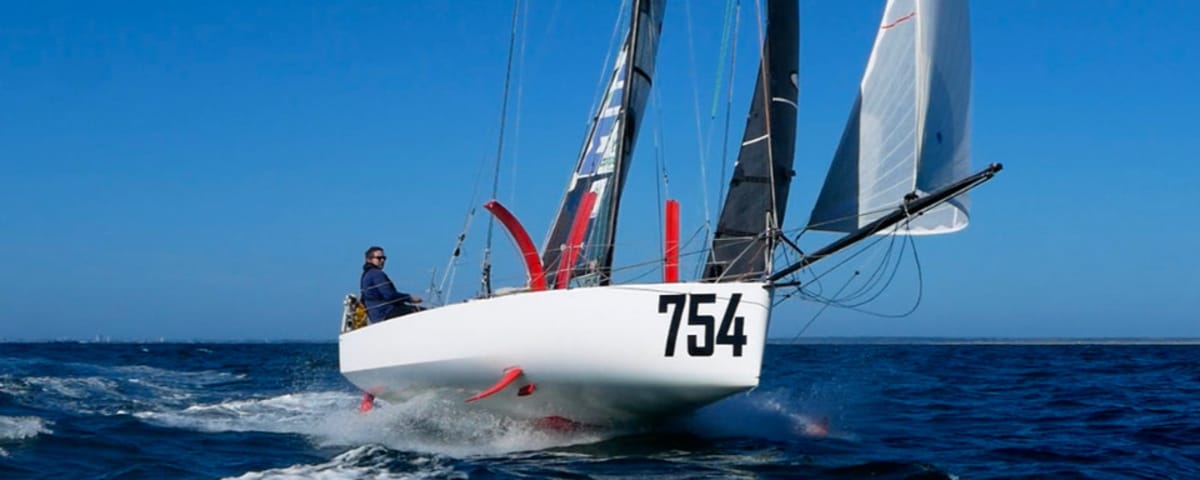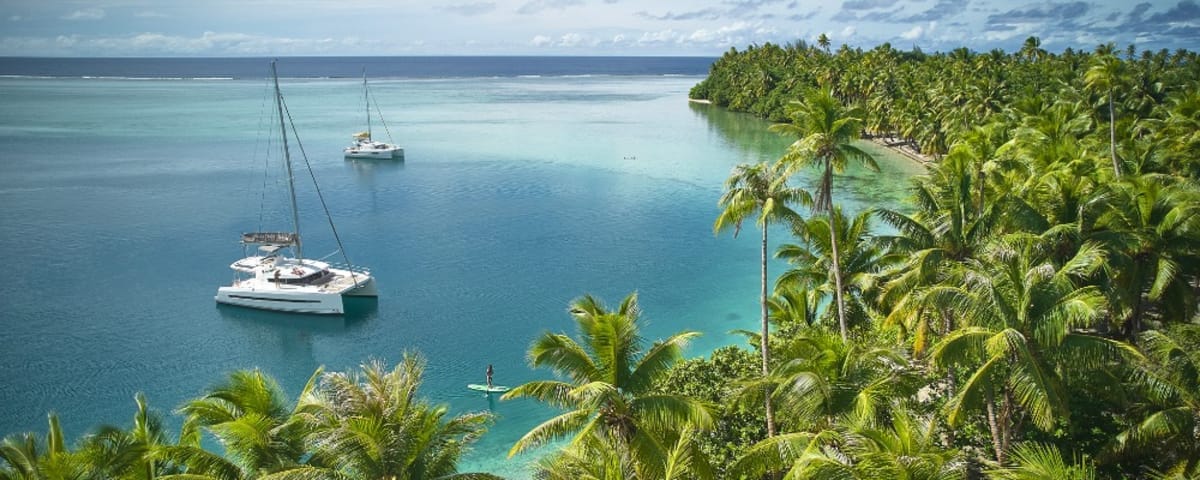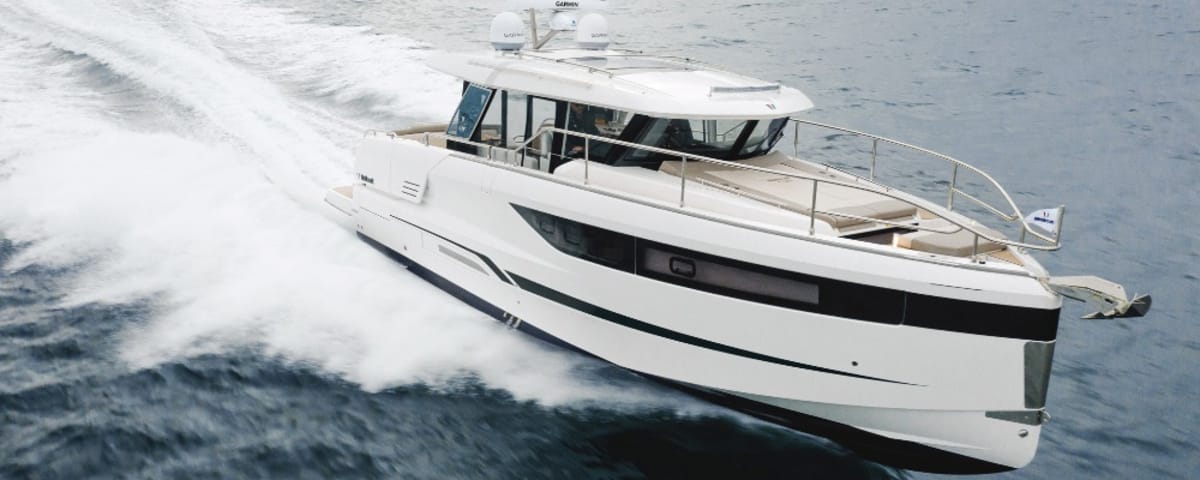Collaborative Project Focuses on Eco-Friendly Racing Boat Solutions
A collaborative project has brought together several innovation leaders to develop eco-friendly and high-performance solutions for racing boats. Key participants include Avel Robotics, specialists in high-performance foil manufacturing through robotics; the Regional Institute of Advanced Materials (IRMA); ComposiTIC from the University of Southern Brittany; and Carnot MICA.
The project originated from the observation that while new generation racing boats are high-performing, they also have a significant environmental impact. Adrien Marchandise, founder and skipper of Minilab, initiated the project in 2023, based on the principle that integrating recyclable foils into racing boats offers a more sustainable alternative.
Why Focus on Offshore Racing?
According to Adrien Marchandise, offshore racing serves as a powerful innovation accelerator. The extreme environmental conditions and varied mechanical stresses involved rigorously test materials, paving the way for their application in other industrial sectors. This testing phase is crucial for validating the technical viability of recyclable foils and their potential for broader maritime applications.
Targeting the Mini Transat 2025
Sea trials will optimize the foil design before their ultimate test during the Mini Transat 2025, commencing on September 21, 2025. This solo transatlantic race will provide decisive proof of their robustness and performance.
Applications Beyond Racing
Beyond offshore racing, these advancements offer potential in other industries, particularly aerospace and naval, where lightweight structures and material recyclability are critical. By bridging academic research and industry, Minilab aims to accelerate the adoption of eco-friendly materials and technologies. This project exemplifies how innovation and ecology can align, not only to reinvent offshore racing but also to inspire the transportation industry towards more sustainable solutions.
Project Partners
- Carnot MICA: Specializes in functional materials, surfaces, interfaces, and associated processes, supporting manufacturers in product and service development. With over 900 partner companies, Carnot MICA offers tailored solutions for technology transfer through R&D programs, service provisions, and personalized expertise.
- IRMA (Regional Institute of Advanced Materials): A technical center established in 1990, IRMA collaborates with industry to develop innovative technologies in advanced materials, including composites for structural uses and low-environmental-impact composite or polymer materials.
- ComposiTIC: For 10 years, the ComposiTIC – UBS technical platform, supported by the University of Southern Brittany, the State, the Brittany Region, and Lorient Agglomeration, has focused on R&D, knowledge transfer, and training. It assists SMEs in mastering traditional composite and polymer processing technologies and transitioning to automated or robotic technologies.
- Avel Robotics: Avel specializes in the industrialization and production of high-performance composite structures. Their expertise covers all development stages prior to prototype production, integrating material testing and finite element dimensioning during prototyping. Their experience in offshore racing allows them to offer functional parts from the first prototype.
Enjoyed this post by Thibault Helle? Subscribe for more insights and updates straight from the source.


